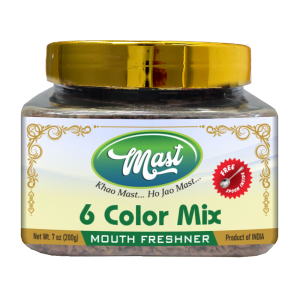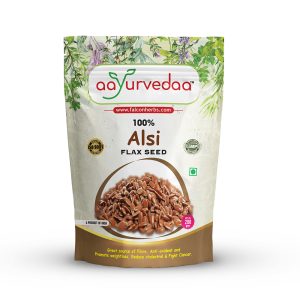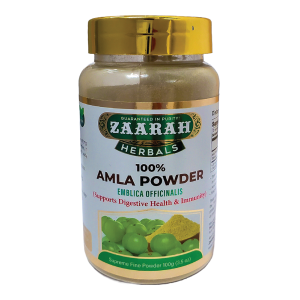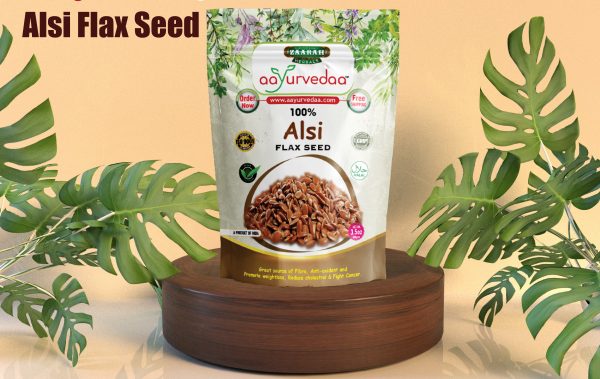No products in the cart.
Unlock the Power of Fenugreek Seeds | Methi Dana: 3 Ways Boost Digestion & Gut Health

Aayurvedaa Methi Dana is commonly used to treat digestive problems such as loss of appetite, upset stomach, constipation, inflammation of the stomach (gastritis). It may assist in the treatment of obesity and poor thyroid function.
Table of Contents

Fenugreek Seeds also known as methi dana in Hindi, are tiny nutritional powerhouses with a long history of culinary and medicinal use. These golden brown nuggets boast a distinctive flavor and aroma, adding depth and complexity to various dishes. But their significance extends far beyond the realm of taste, as they offer a multitude of potential health benefits.
Fenugreek Seeds, also known as Methi Dana in Hindi, are a fascinating and versatile spice derived from the Fenugreek plant (Trigonella foenum-graecum). This annual herb with green leaves and small white flowers belongs to the legume family and has been cultivated for centuries in the Indian subcontinent, the Mediterranean, and North Africa. What’s most intriguing, however, is found within the plant’s seed pods – tiny, golden-brown seeds that offer a unique flavor profile and a host of potential health benefits. Let’s explore what makes these little seeds so special.
Flavor and Culinary Uses
Fenugreek seeds | Methi Dana boast a distinctive taste and aroma with notes of bitterness, sweetness, and a subtle hint of maple syrup. Here’s how they find their way into kitchens worldwide:
- Essential Spice: Fenugreek is a staple in Indian cuisine, featured in curries, dals, vegetable dishes, and spice blends like garam masala.
- Flavor Enhancement: Toasted fenugreek add depth and complexity to stews, pickles, and even bread recipes.
- Herbal Tea: Fenugreek seeds can be steeped in hot water for a slightly bitter and soothing herbal tea with potential health benefits.
Traditional Wellness Practices
Fenugreek Seeds | Methi Dana hold a prominent place in traditional medicine systems like Ayurveda. Their potential therapeutic benefits have been recognized for generations, including:
- Digestive Support: Traditionally used to soothe upset stomachs, reduce bloating, and promote healthy digestion. Fenugreek’s fiber content is thought to play a role in these benefits.
- Blood Sugar Support: Some studies suggest that fenugreek seeds may help regulate blood sugar levels. However, more research is required to fully understand this aspect.
- Lactation Aid: Fenugreek has traditionally been used to promote milk production in breastfeeding mothers. More robust scientific evidence still needs to confirm its efficacy in this area.
- Hair Care: Fenugreek seed extracts or pastes are sometimes included in natural hair care practices. Some claim it helps to strengthen hair and reduce hair fall.
Scientific Investigations
While many potential health benefits of fenugreek seeds | Methi Dana stem from traditional use, modern science is increasingly looking into its properties. Here’s what research suggests so far:
- Fiber Powerhouse: Fenugreek Seeds are a rich source of soluble and insoluble fiber, both beneficial for digestion, blood sugar management, and feeling satiated.
- Antioxidant Potential: These seeds contain antioxidants such as flavonoids and phenolic compounds, which could help protect cells from damage caused by free radicals.
- Potential for Inflammation Support: Early studies suggest possible anti-inflammatory effects of fenugreek, which might be beneficial in certain health conditions.
How to Incorporate Fenugreek Seeds | Methi Dana into Your Routine
- Spice It Up: Add whole or ground fenugreek seeds to your dishes for a unique flavor boost and potential health benefits.
- Soak and Sprout: Soaking the seeds softens them and can also improve nutrient availability. You can even try sprouting them for a fresh addition to salads.
- Methi Tea: Steep a teaspoon of fenugreek seeds in hot water for a few minutes, strain, and enjoy as a comforting herbal tea.
- Supplements: Look for standardized fenugreek extracts as supplements if your doctor considers this appropriate.
Important Considerations
- Start Slow: Introduce fenugreek seeds gradually, as they can cause digestive upset in some individuals.
- Pregnancy and Breastfeeding: Discuss with your doctor before using fenugreek if you’re pregnant or breastfeeding due to potential hormonal effects.
- Potential Interactions: Fenugreek seeds could interact with certain medications, especially those for diabetes or blood thinning. Always consult your doctor about any potential interactions.
A Closer Look at Methi Dana | Fenugreek Seeds:
Fenugreek Seeds come from the Trigonella foenum-graecum plant, native to the Mediterranean region and parts of Asia. They have a slightly bitter, nutty flavor with a hint of maple syrup. Methi dana is a staple ingredient in many Indian and Middle Eastern cuisines, but its culinary reach extends far and wide.
Explore the World of Methi Dana | Fenugreek Seeds:
Fenugreek seeds are a unique and valuable addition to your pantry. Their distinctive flavor and potential health benefits make them worth exploring. So, next time you’re looking to add a new twist to your dishes or incorporate a natural source of nutrients into your diet, consider the power of methi dana.










